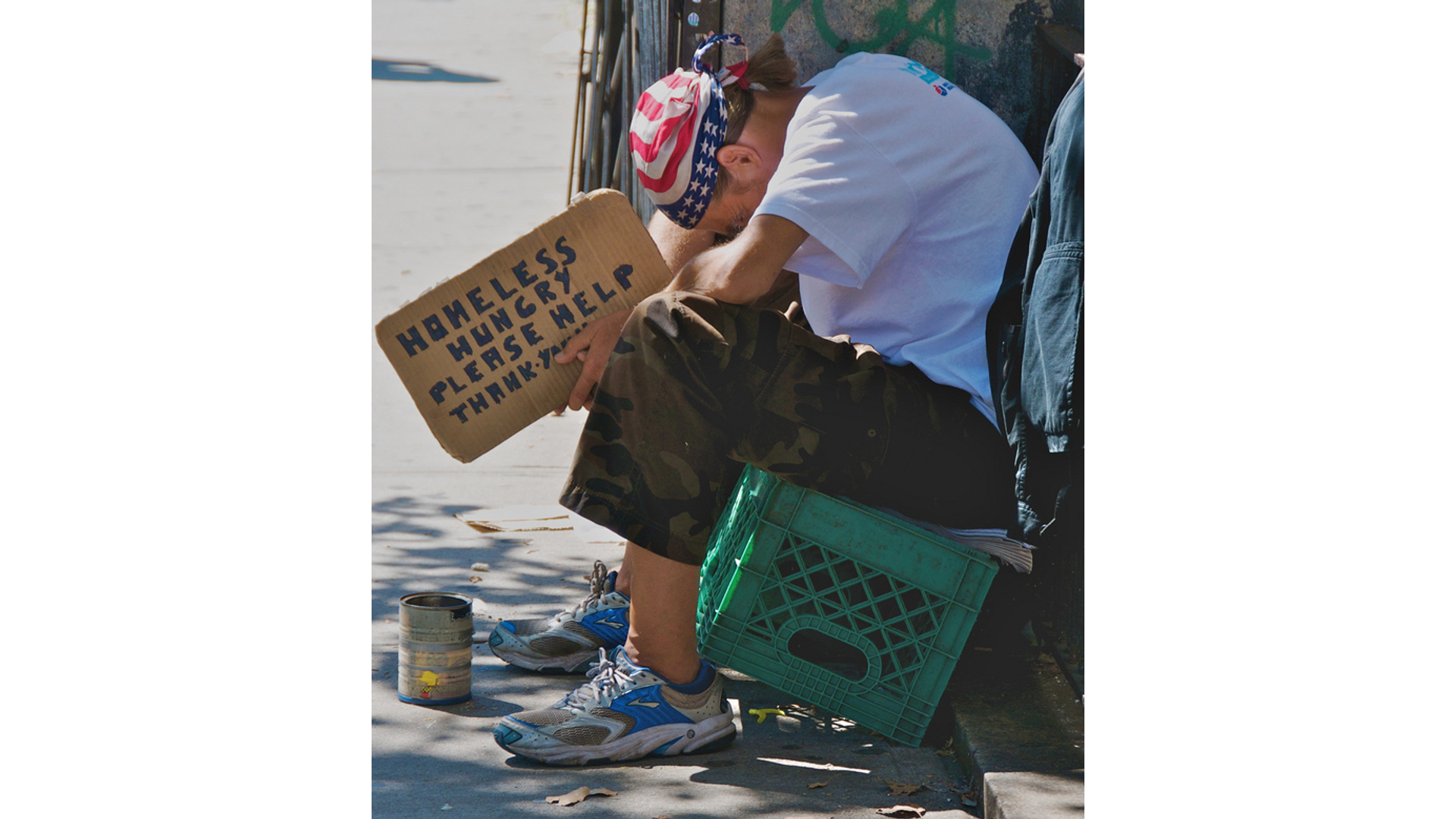You know the feeling…
You pull up to the red light, and you see the man or woman standing on the corner with the cardboard sign. You feel conflicted. You’re not sure whether to make eye contact. Will that make an awkward situation only worse?
On the one hand, you’ve been blessed with much, and we know that the Bible says that we are to be “open handed” to the poor (Deut. 15:11). At the same time, we don’t want our resources being used to buy beer or cigarettes… or worse.
This is the number one question we get: How should we handle these encounters? Should we give this person money? Just drive on and offer up a prayer?
Maybe there’s a middle ground.
What Do You Believe?
What we believe about who this person is will drive our response. If we think this person just needs some money, then we’ll hand them a $10 bill and move on. However, when we really begin to understand that this person behind the cardboard sign is
- an image-bearer of God
- purposefully placed here on the planet
- and loved by a God who has a plan for their lives beyond their current circumstances
then we will be willing to build a relationship, hear their story, and offer more than money but “our very lives as well” – which is a far more biblical approach (1 Thes 2:8).
This question is so important that our External Focus team spent some time discussing the complexities surrounding the man on the corner, the applicable Scripture, and several practical responses. You can download that audio by clicking here.
This AND That
The reality is that Scripture teaches that care for the poor should include both mercy and justice. The addict needs food AND treatment. The prostitute needs a safe place to sleep AND a way out of her lifestyle. The reality is that we want to help free people to be all that God intended. What would it look like if we stopped looking past the man on the corner and instead began looking the man on the corner in the eye, using his name, asking his story, building relationship, and then intervening in a loving, biblical, and wisdom-filled way?
While the best thing is to grab some coffee or a burger and build relationship with our friends on the corner, we also recognize you won’t always have that opportunity. So in our talk, we also discuss several practical tools you can keep in your car to use in a pinch. We also encourage you to make use of our great ministry partners – like Union Gospel Mission, Interfaith Housing, and others – who provide holistic support for folks on the streets. (Here’s a great resource from OurCalling that lists local resources for homeless people.)
Finally, if you want to go a little deeper, you could grab Bob Lupton’s Toxic Charity or Steve Corbett and Brian Fikkert’s When Helping Hurts, both tremendous reads on the subject.
